Chronic parental conflict is a frequent pattern of dysfunctional relational behaviour between parents.
Chronic parental conflict happens over a sustained period. This can stem from an abusive relationship, power strugles within the marriage or inability of couples to resolve marital and parenting issues amicably. Chronic parental conflict is insidious because it can go on even after divorce or separation. The most common manifestations of parental conflict include:
- Overt aggression
- Prolonged silent treatment between parents
- Acts of disrespect towards each other
- Speaking ill of each other
- Physical violence
- Substance use
In my book PARENTING WITH INTENT, I address some of the most common sources of parental conflicts, how they manifest, how they affect the marriage + family and importantly, detailled preventative measures parents can adopt to minimise them in the family.
Whatsapp or call 0770 132 520 now to get your copy and learn more on this crucial parenting topic and discover better alternatives to navigate the everpresent challenges of parenting in a way that fosters marital and family unity as well as deep personal growth and fulfilment.
Conflicts are part and parcel of a healthy relationship. However, if you allow things to get out of hand, innocent children might end up paying the price psychologically, mentally and emotionally later on in life.
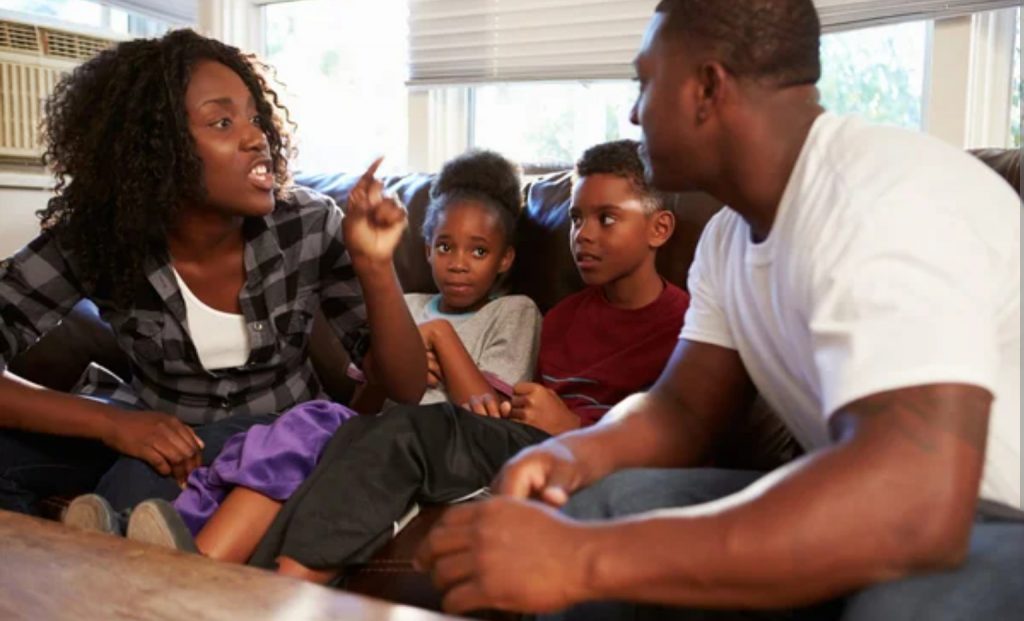
Effects of chronic parental conflict on children:
1. Emotional Distress:
Children are emotional sponges. They soak up everything around them, including the tension in the air during a spat between parents. Persistent exposure to this tension and conflict may cause heightened emotional distress in children. This distress comes in the form of anxiety and fear which are uncontestable precursors to depression and substance abuse later on.
2. Behavioural Problems:
Children observe their parents more than anyone else especially when they sense things are off. This hypervigilance is natural as they depend on the parent for survival. When they grow up seeing their parents being agressive, they are likely to engage in such behavours with their peers.
Witnessing ongoing conflict can substantially contribute to behavioral issues such as aggression, defiance, or withdrawal. Notwithstanding, these negative behavioural dispositions lead to problematic social interactions with other children.
3. Academic Difficulties:
Constant parental conflict messes up the child’s mental wellbeing. As noted in this post, children linger in a negative state for much longer than they do in a positive state of mind. The brain deveiates all the resources required for studying and normal children stuff to thinking about the dysfunction at home. This contributes to inattentiveness in class, dificulty in concentration, poor retention of course material, absenteeism, etc. All these play a pivotal role to overall academic deterioration.
4. Insecurity:
Children feel safe in a happy home. When mum and dad are in a loving relationship they naturally create an emotionally safe home environment. This further helps the children feel emotionally safe and secure. When constant fights and prolonged conflict become the norm, the safety morphs into a threat. The children are engulfed by deep insecurities about whether one or both parents will leave. Inasmuch as parents do their best to keep children out of their squables, the constant heightened emotional state of the parents percolates to the children who in turn feel like the parent can abandon them together with the other spouse at any minute.
Unpredictable sleep routines, absence of one parent, constantly sad and irritable parent, etc causes insecurity and uncertainty in children. Also, when parents are stressed, they are not able to fully nourish their children with unconditional love, emotional support or meet their material needs if the parent is using finances as an instrument of control and power.

5. Low Self-Esteem:
Children need healthy emotional attachment to their parents especially the primary caregiver to establish a solid identity. For parents to properly attune to their children’s emotional needs, they need to be emotionally fit themselves. When parents are in a constant state of disunity and emotional isalignment, they are at a deficit to provide emotionally to their children. The defeated feeling of being detached from the parents affect the self-esteem of the growing child.
Similarly, children may develop low self-esteem when exposed to negative interactions between their parents. This is because children might internalise that they are the cause of their parent’s verbal, emotional or physical altercations. They might inturn suffer from deep shame which impacts their self-esteem.
6. Difficulty Forming Relationships:
The model of constant and persistent parental conflict within the family influences a child’s ability to form healthy relationships in childhood as well as in the future. This is because there is no healthy modelling to emulate. When a child grows seeing parents hurting each other, she believes that relationships are like that. This greatly contributes to difficulty in forming and maintaining relationships.
7. Physical Health Issues:
Prolonged exposure to parental conflict has been linked to physical health problems in children, including headaches and stomachaches. This is a topic ( ADDRESSING AND MANAGING CHILDHOOD STRESSORS ) that I am currently educating parents on, this February of 2024. Parental conflict is a major contributor to stress in children. Check out my instagram and facebook to learn more on this topic.
8. Maladaptive Coping Mechanisms:
When parents are constantly fighting and engaged in a cold war, their emotional resources are scarce. Unknowingly, they engage in self soothing behaviours. The parwnts become more attuned to themselves and their feelings than they are about others including their children’s. Emotionally mature parents seek help and try to bounce back to be available for their children. However, some emotionally immature parents stay in this state for too long, even becoming depressed, which affects their ability to provide emotional and parental love to their children
When children sense and see this, they might develop maladaptive coping mechanisms when they have genuine needs for emotional closeness with their parents. As an example, a child might result to avoiding or internalising their emotions and feelings of wanting to connect to mum or dad fearing they might be burdening them more.
9. Long-Term Mental Health Impact:
Exposure to chronic parental conflict in childhood may contribute to long-term mental health issues, such as anxiety disorders or depression. Parental love, a stable home with a predictable structure and a family with rich family traditions is key in ensuring emotional, social and mental wellbeing of children. On the other hand, a chaotic home is a fertile breeding ground for a chaotic mental, emotional and social state of a child.
10. Interference with Parent-Child Relationship:
Ongoing conflict can disrupt the parent-child relationship, affecting the child’s attachment and trust in their caregivers. When children see one parent treating the other with disdain, agression and abuse, they live in perpetual fear that the same will befall them. Research on abusive partners show that an abusive spouse is likely to pass on the abuse to children. This affects the parent-child relationship in that the child fears and distances himself from the abusive parent.
Parental conflict is detrimental not only to your marriage, but to your child’s well-being as well. Always take precautionary measures to avoid escalation when misunderstandings between you and your spouse occur. Prevention goes along way in promoting peace within the family and emotionally safe home which are vital in holostic growth and development of your children.
EXPLORE
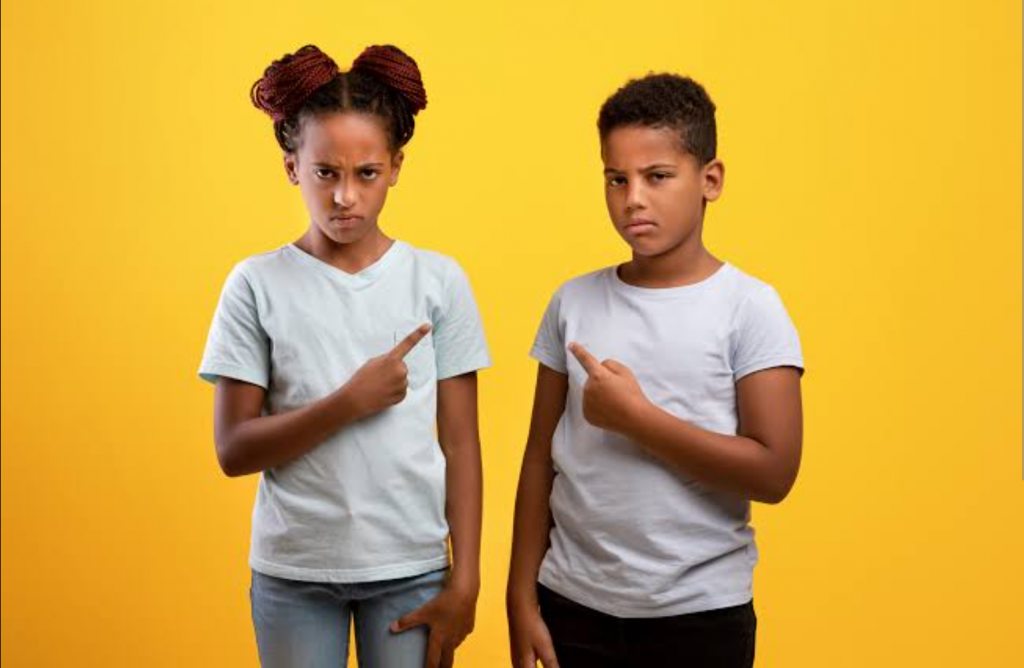

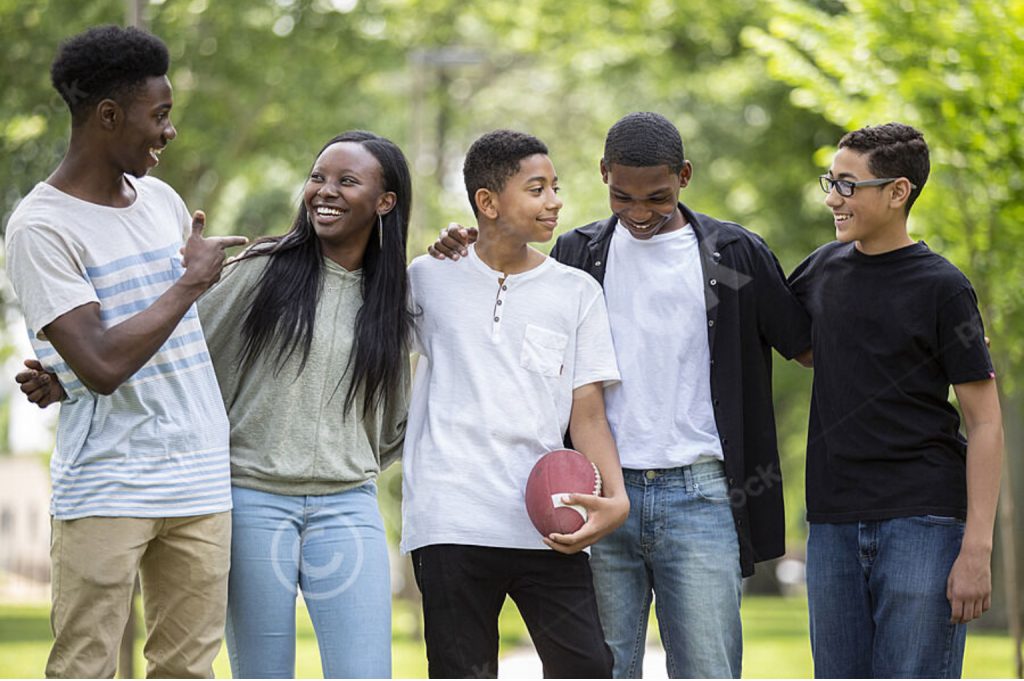
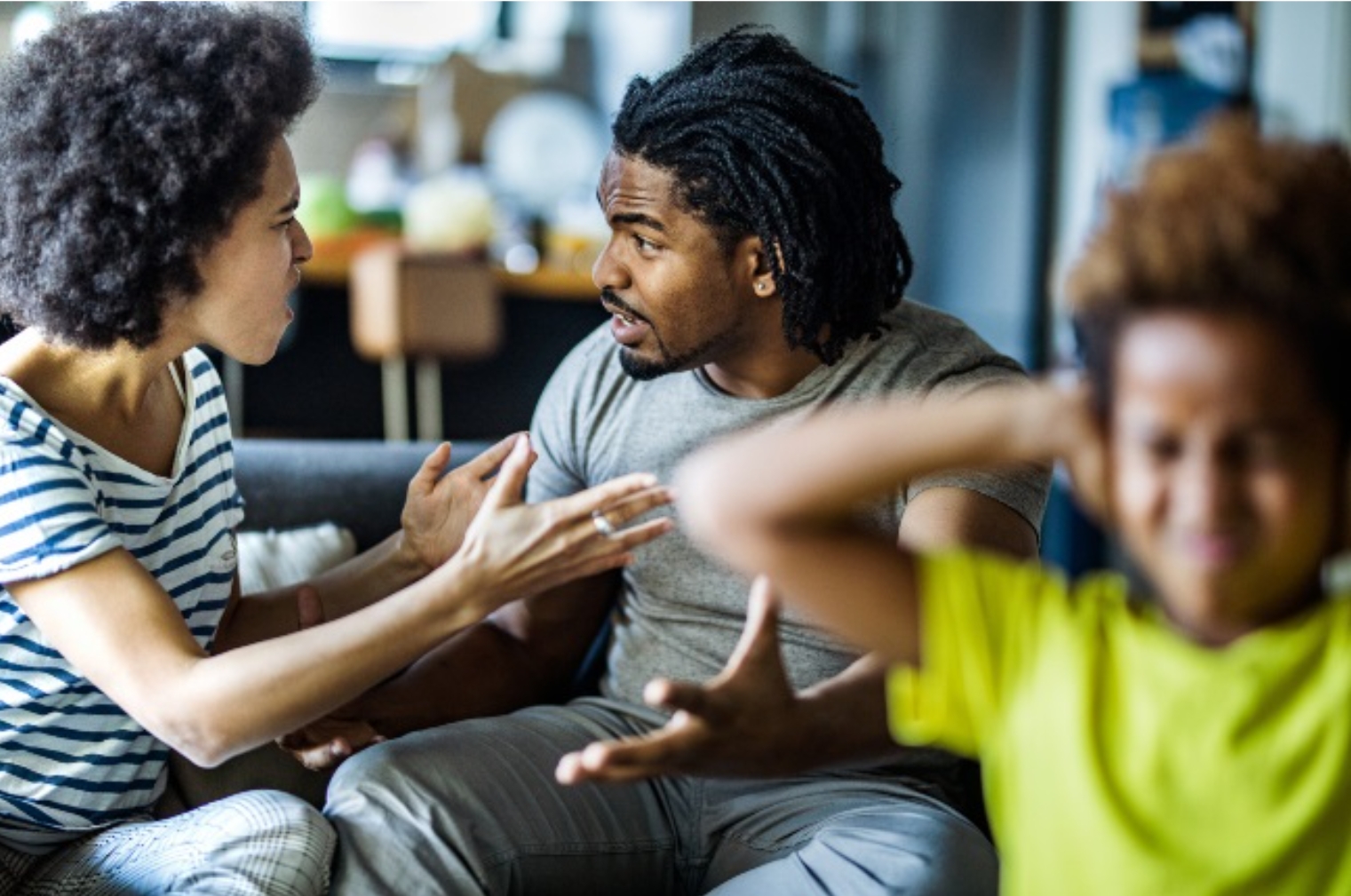
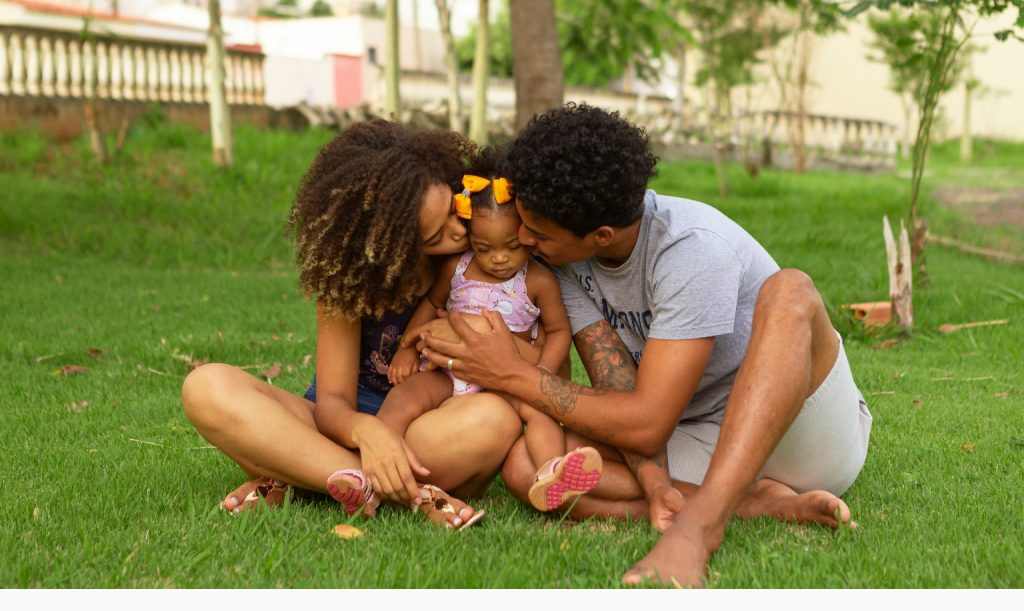
One thought on “10 HARMFUL EFFECTS OF PARENTAL CONFLICT ON CHILDREN”